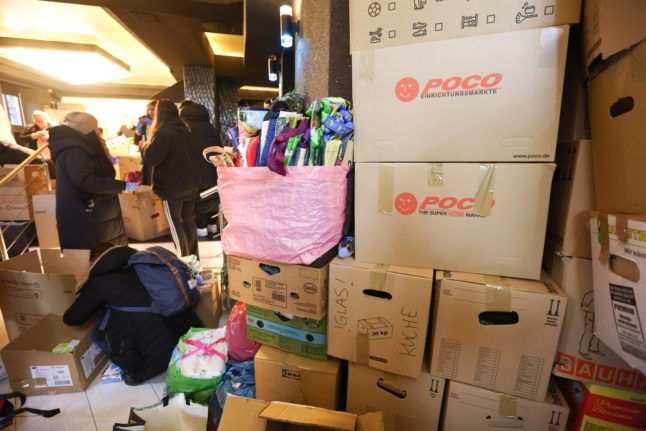New figures from the US Geological Survey and the European-Mediterranean Seismological Centre put the quake’s strength at 4.2 or 4.3 on the Richter scale, somewhat lower than the 4.7 magnitude experts had initially suspected.
“There are many examples of calculations being wrong early on,” said Uppsala University seismologist Reynir Bödvarsson to the TT news agency.
Swedish seismologists have yet to publicize their own assessment of the earthquake’s strength, however, because of suspected problems with some of the more than 60 measuring stations around the country.
While the earthquake was exceptionally strong for Sweden, it appears that early projections of the quake being the strongest in Sweden in over 100 years were somewhat exaggerated.
According to Bödvarsson, Tuesday’s tremor was the strongest in more than two decades however, on par with a quake based in Skövde in central Sweden in 1986.
So far, no aftershocks have occurred following the tremors which rattled dishes and cracked walls in several parts of southern Sweden.
“The probability for aftershocks diminishes as time goes by,” said Bödvarsson.


 Please whitelist us to continue reading.
Please whitelist us to continue reading.